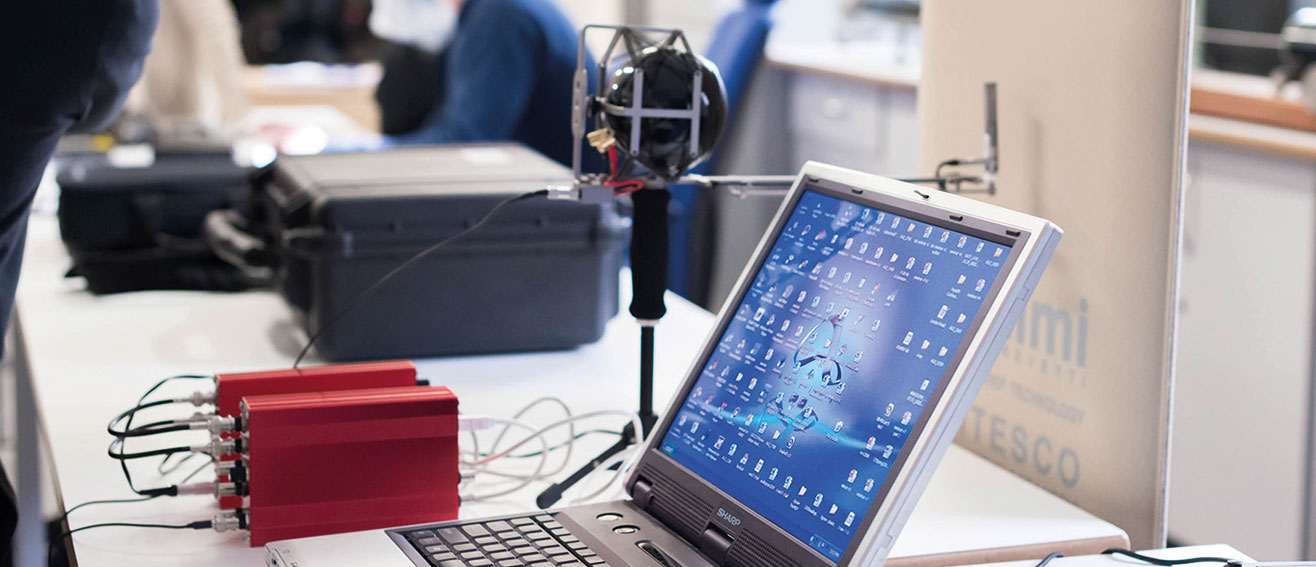
New research grant awarded by the Royal Society and presenting at STEM for Britain 2020
Sevan Harput has won both a research grant and the opportunity to present his research at the House of CommonsSpeed Ultrasound Lab (led by Dr Sevan Harput) won a new research grant by the Royal Society to develop new ultrasound transducer technology. Dr Harput is the Principle investigator, a total of £20k is awarded for this research project: ‘Human Ear-inspired Ultrasonic Transducer (HEUT) with a Spiral-shaped Acoustic Lens for 3D Localization of Sparse Scatterers’.
Dr Sevan Harput is a Lecturer in the Division of Electrical and Electronic Engineering, School of Engineering, London South Bank University, where he leads the SPEED Ultrasound Lab. The ultrasound research lab aims to develop new imaging and sensing technologies using acoustic waves at ultrasonic frequencies, and focus on high frame-rate ultrasound imaging, super-resolution methods, 3D ultrasound imaging, signal processing for biomedical imaging, ultrasound sensor modelling and development.
He has also been selected do display selected to display his research regarding super-resolution ultrasound imaging as a poster at the House of Commons on Monday 9th March in the Engineering Sciences Session of STEM for BRITAIN 2020, from 3.30pm – 6.15pm in the Attlee Suite, Portcullis House, London, UK.
Super-resolution ultrasound is a microvascular imaging modality that can enable real-time microscopic imaging in deep tissue. Super-resolution has already been successfully demonstrated pre-clinically and clinically by Dr Harput’s previous research group. Although it is a revolutionary imaging modality, there are significant challenges for the clinical translation, such as huge amount of data and the corresponding computing power required to process such data.
Implementing a fast in vivo imaging is essential for clinical translation. Currently, super-resolution data processing and image formation take more than 6 hours, which must be reduced to a clinically acceptable timescale. The existing super-localization and filtering methods must be replaced with algorithms that have lower computational complexity. Also these algorithms should be implemented on a GPU while using computer learning-based methods for further acceleration.
Dr Sevan Harput is a Lecturer in the Division of Electrical and Electronic Engineering, London South Bank University, where he leads the SPEED Ultrasound Lab, which aims to develop new imaging and sensing technologies using acoustic waves at ultrasonic frequencies.